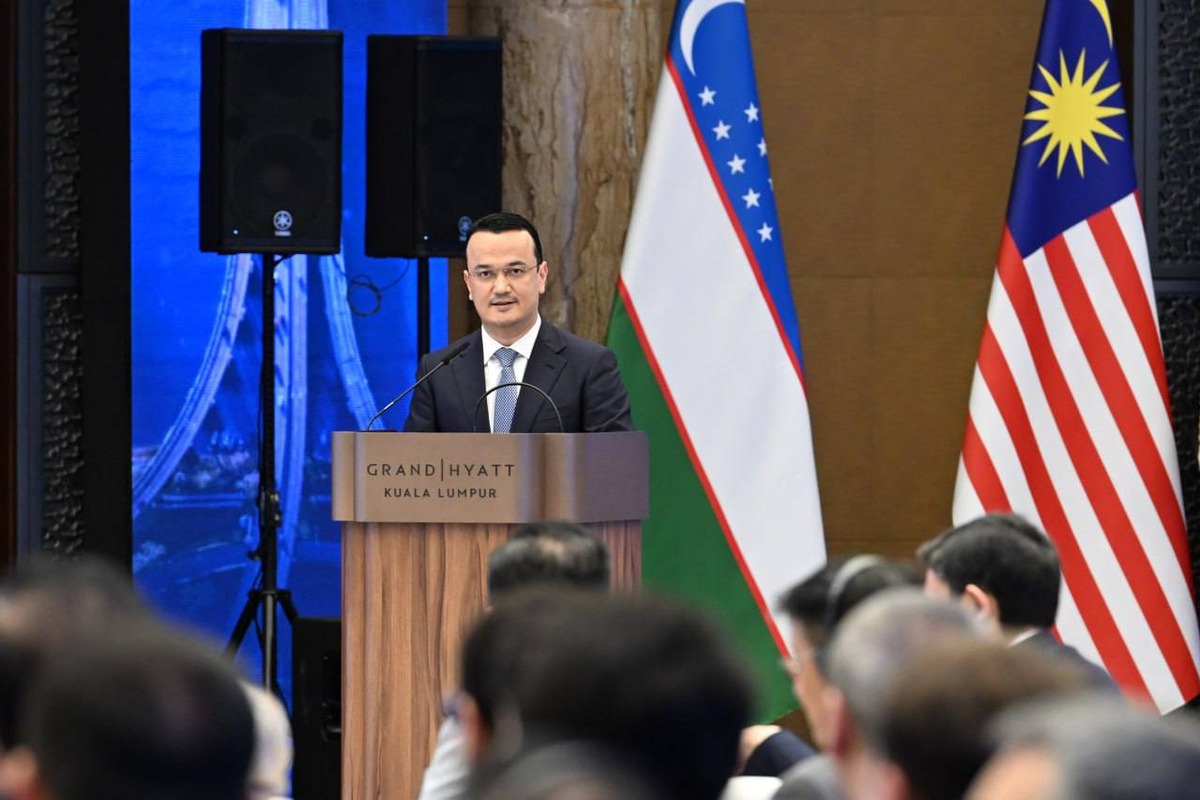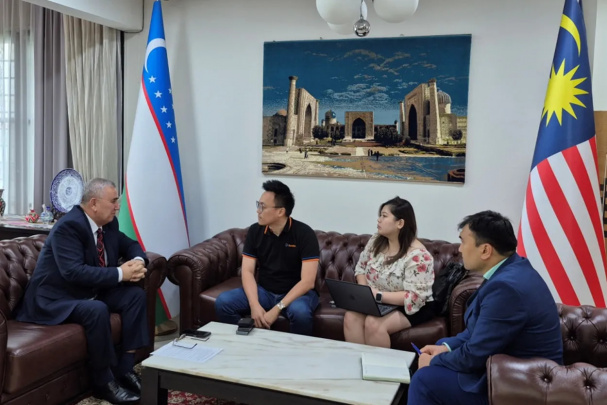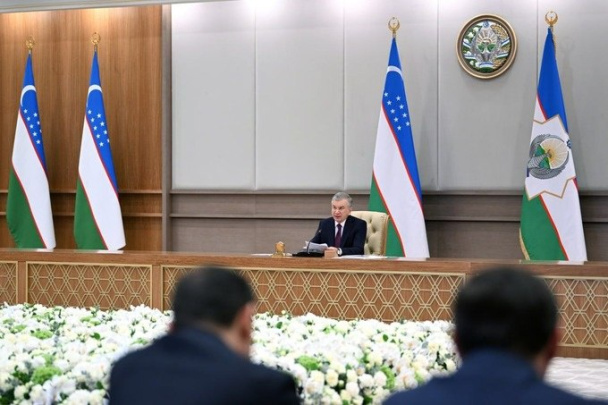Uzbekistan and Malaysia reach agreements on critical mineral projects
Uzbekistan has secured agreements with three major Malaysian companies to launch joint projects in the critical minerals sector, announced Laziz Kudratov, the Minister of Investment, Industry, and Trade. These projects will focus on minerals crucial for industries like semiconductors, nuclear energy, and space exploration. In addition, Malaysia will provide training for Uzbek specialists in semiconductor production.

On February 5, in an interview with “O’zbekiston 24” TV channel, Kudratov highlighted that Uzbekistan and Malaysia's economies complement each other, opening up opportunities for industrial cooperation in electronics and semiconductors.
Kudratov emphasized that Uzbekistan has vast reserves of critical minerals and resources, which will allow the country to move into a new stage of industrial development and establish semiconductor component manufacturing.
"We have agreements with three major Malaysian players to develop joint projects focused on producing high-purity monocrystalline and polycrystalline silicon, as well as ultra-pure graphite. This graphite is essential not only for the semiconductor industry but also for nuclear energy and space exploration," he explained.
This collaboration with Malaysian companies will elevate Uzbekistan's economy and domestic enterprises to a new level, Kudratov noted.
Additionally, Malaysia will launch a separate program to enhance the qualifications of Uzbek specialists in semiconductor production, covering both theoretical and practical training.
"Another important area of collaboration is chemistry. In partnership with leading Malaysian companies, we are establishing new enterprises for producing fine chemicals and components that are critical to industries such as construction materials, paints, and pharmaceuticals. Malaysia will share technologies with us and invest in these sectors within our country," Kudratov stressed.
The two nations also plan to cooperate in the automotive industry, food security, and the food sector.
Uzbekistan and Malaysia aim to create a joint platform to monitor the progress of all projects in real-time. Every quarter, the heads of both nations will report on the status of these agreements and initiatives.
It is worth noting that one of Uzbekistan's largest graphite deposits is located at the “Toshqazgan” deposit in the Peshku district of the Bukhara region. This deposit holds graphite reserves estimated at 6.2 million tons, with projected resources of around 40 million tons.
A special economic zone with full incentives has been established for Malaysian entrepreneurs in Tashkent region, as previously announced by Uzbekistan's President. He has invited them to invest in Uzbekistan, highlighting that government decisions will be made for each individual project.
As a result of the negotiations between Uzbekistan's President Shavkat Mirziyoyev and Malaysian Prime Minister Anwar Ibrahim in Kuala Lumpur, agreements were signed covering customs cooperation, higher education, healthcare, a protocol on developing "smart" cities, and a plan to strengthen anti-corruption efforts for 2025-2026.
The President also endorsed the plans of Malaysian company Petronas to implement deep processing of raw materials and green energy projects in Uzbekistan. Priority areas of cooperation include geological exploration and the development of hydrocarbon fields.
Related News

13:02 / 10.03.2025
Malaysia’s Sunview Group to invest in large-scale solar projects in Uzbekistan

16:57 / 10.02.2025
Mineral extraction tax to increase for brick manufacturers

21:42 / 08.02.2025
Uzbekistan to offer pilgrims from Malaysia and Indonesia pre-Umrah visits

16:38 / 06.02.2025



